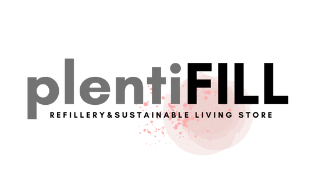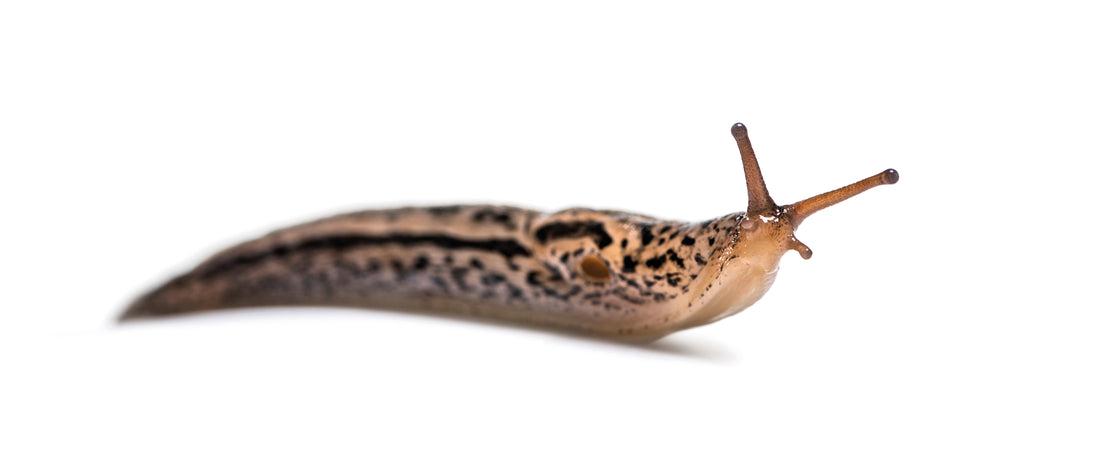12 Months to Zero Waste- June
Month 6 of our journey takes us outside to get dirty! Growing your own produce is not only fun and rewarding, but it's also a simple way to reduce waste naturally. But we’re not going to chat about growing tips here, oh no, that’s definitely not my forte… instead, we’re going to reduce our garden garbage by simply buying less. I’ve rounded up 5 easy garden hacks using common household items, let’s go!
SALT ON YOUR TOMATOES
Epsom salts can be a handy gardening tool due to their magnesium and sulfate content, which can benefit plants in various ways. One effective use is to boost the growth and vibrancy of tomatoes. To do this, dissolve about 1 tablespoon of Epsom salts in a gallon of water and use this solution to water your tomato plants once a month during the growing season. The magnesium in Epsom salts helps enhance chlorophyll production, which is crucial for photosynthesis and overall plant health. This can result in stronger, greener foliage and more robust tomato plants. Additionally, the sulfate aids in nutrient absorption, ensuring that your tomatoes receive the necessary nutrients for optimal growth and fruit production. This simple hack can contribute to healthier, more productive tomato plants in your garden.
BUBBLES FOR BUGS
Liquid castile soap can be a versatile and eco-friendly addition to your gardening toolkit. One useful hack is to create a natural insecticidal soap spray to combat pests on your plants. To make this spray, mix 1 tablespoon of liquid Castile soap with 1 quart of water in a spray bottle. Shake well to ensure the soap is evenly distributed in the water. Then, spray the solution onto the leaves of plants affected by pests, making sure to coat both the tops and bottoms of the leaves.
CABBAGE SOIL TEST
Purple cabbage can be used as a natural pH indicator to test soil acidity or alkalinity. Simply boil 4-5 leaves in water for 10 mintutes, then let steep for 30 more minutes. Once the cabbage water is cool, pour it over a small soil sample in a container. After 30 minutes, observe any changes in color: if the water turns pink or red, it indicates acidic soil, while a teal or yellow-greenish color suggests alkaline soil. If the water remains purple-toned, your soil is neutral. This simple hack provides an inexpensive and eco-friendly method to assess soil pH, helping you make informed decisions about which plants are best suited for your garden's soil conditions. Bonus points, it’s also a fun science experiment with the kiddos!
NATURALLY WEED FREE
Vinegar can serve as a versatile gardening aid, particularly as a natural weed killer. Mix equal parts of white vinegar and water in a spray bottle and add a few drops of dish soap. Shake well and spray the solution directly onto weeds on a sunny day. The acetic acid in vinegar breaks down the cell membranes of weeds, causing them to wither and die. This method is effective for controlling weeds in areas like driveways, sidewalks, and garden paths. It's eco-friendly, inexpensive, and doesn't harm the soil or surrounding plants when used responsibly.
REPURPOSE FOR SLUG CONTROL
Old copper scrubbies can be repurposed in the garden as a natural slug deterrent. Simply unravel the copper scrubbies and place them around vulnerable plants or garden beds where slugs are a problem. Copper creates a mild electric charge when it comes into contact with the slug's mucus, deterring them from crossing the barrier. This hack is effective, eco-friendly, and provides a chemical-free solution to protect your plants from slug damage. Plus, it's a creative way to give new life to old household items while promoting a healthy garden ecosystem.
We hope these tips inspire you to have a look around your space to see if there are any other ways to reduce waste by using what you already have. And remember, if you run out of any of the ingredients that we mentioned they are available, package-free, at plentiFILL (well, not the cabbage). Happy low-waste gardening!

